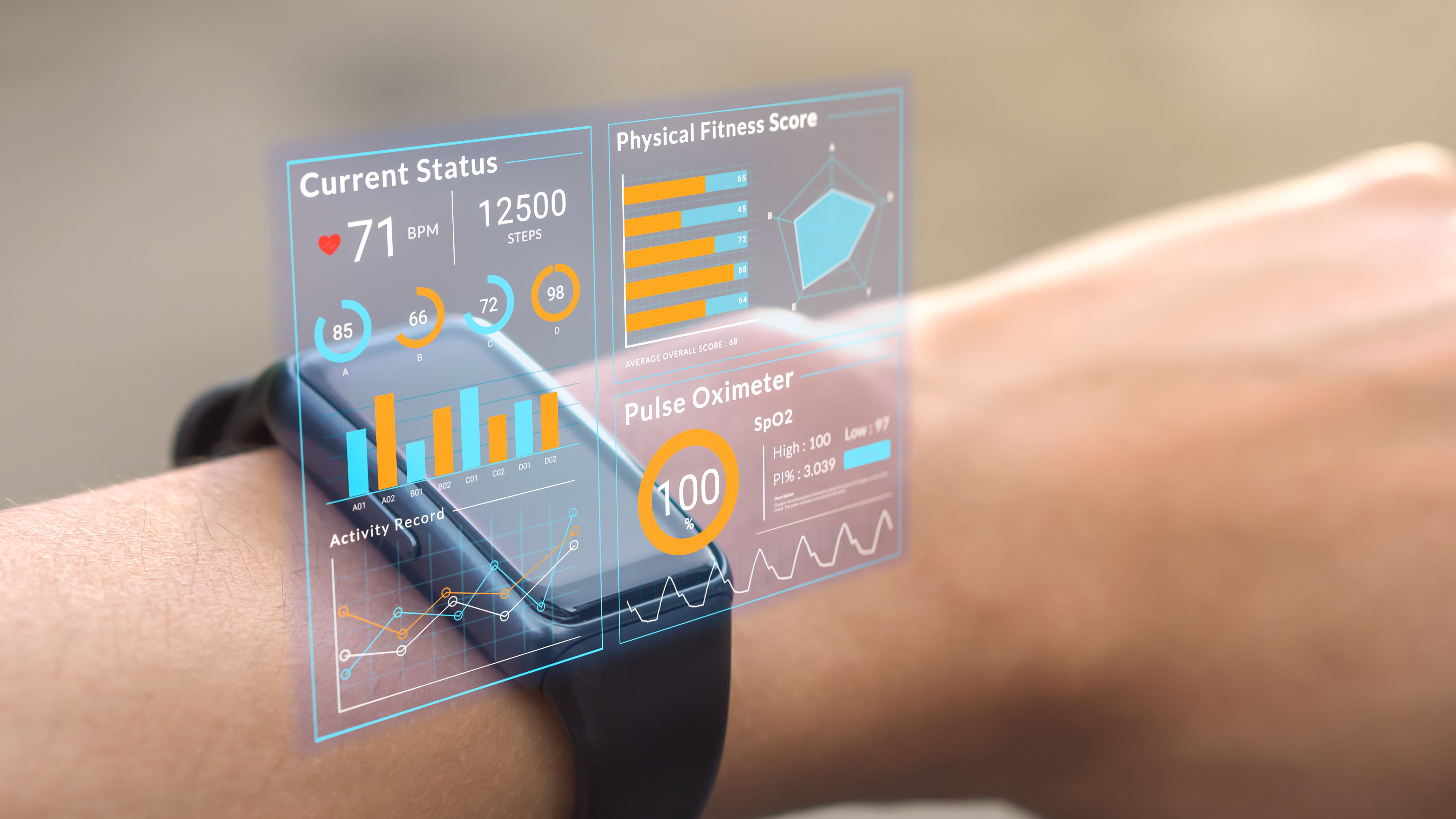Revolutionizing Patient Care: The Rise of Wearable Health Technology
The Evolution of Health Monitoring
The landscape of healthcare has been undergoing a significant transformation with the advent of wearable health technology. These innovative devices, ranging from smartwatches to fitness trackers, have enabled individuals to monitor their health in real time, offering insights that were once only available through professional medical equipment.
Wearable technology has empowered patients by providing them with the tools to track their heart rates, sleep patterns, and even stress levels. This empowerment is not just about data collection; it’s about creating a more informed and engaged patient who can participate actively in their own health management.

Impact on Chronic Disease Management
One of the most promising aspects of wearable health technology is its potential impact on chronic disease management. Devices can monitor glucose levels for diabetic patients or alert individuals with cardiovascular issues to potential problems before they become severe. This proactive approach to healthcare can lead to better outcomes and a reduction in emergency situations.
Moreover, these devices facilitate continuous monitoring outside of clinical settings, allowing healthcare providers to gather comprehensive data over time. This data can be crucial in tailoring personalized treatment plans and making informed decisions about patient care.

Personalized Health Insights
Wearable technology offers personalized health insights that are revolutionizing how individuals understand their bodies. By analyzing data collected from these devices, users can identify patterns and make lifestyle adjustments to improve their overall well-being. Whether it's adjusting dietary habits or increasing physical activity, these insights put the power of health management back into the hands of the user.
Furthermore, the integration of artificial intelligence with wearable devices enhances their capability to provide predictive health analytics. This fusion allows for more precise predictions about potential health risks, enabling early intervention and prevention strategies.

Challenges and Considerations
While wearable health technology offers numerous benefits, it also presents challenges that need to be addressed. Data privacy and security remain primary concerns as these devices collect sensitive health information. Ensuring that this data is protected from unauthorized access is crucial for user trust and widespread adoption.
Additionally, there is a need for standardization in the industry to ensure that data collected from various devices can be integrated meaningfully into healthcare systems. This standardization will enhance interoperability and improve the overall efficiency of healthcare delivery.
The Future of Wearable Health Technology
The future of wearable health technology looks promising as advancements continue to be made. As technology evolves, we can expect more sophisticated devices capable of diagnosing conditions and even administering treatments. The continuous miniaturization of sensors and improvements in battery life will further enhance the functionality and convenience of wearables.
Moreover, as these technologies become more affordable and accessible, they will play a critical role in bridging healthcare gaps, particularly in underserved and remote areas. By providing real-time health monitoring and access to medical insights, wearable technology has the potential to democratize healthcare globally.

